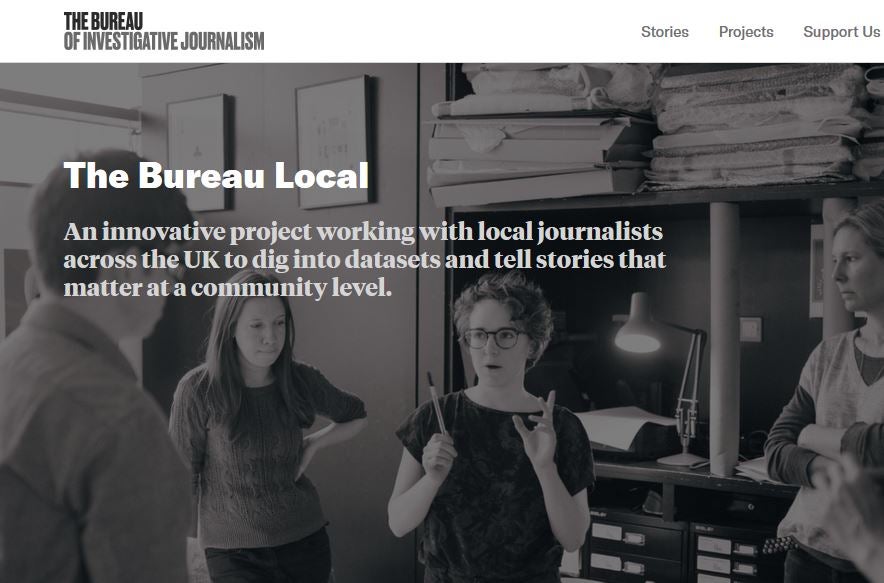
The Bureau of Investigative Journalism’s Gareth Davies explains why the Bureau Local project wants local journalists to work together to investigate June’s general election.
On Wednesday, Parliament approved the Prime Minister’s call for a general election on 8 June. Yet the ability of local newspapers to produce comprehensive coverage of what is likely to be a significant moment in British politics has diminished.
Dozens of titles have closed or had offices moved miles off patch and, according to NUJ-backed research, 418 journalism jobs have been lost in the last 17 months.
Those who remain in the industry work under internet-based performance targets that favour reporting crime and breaking news over more time-consuming topics like local politics, education, and health.
Gone is the time when most local newspapers had access to experienced members of staff who had reported on half a dozen elections and knew every local politician by name. Now many newsrooms are staffed by trainees, most of whom do not have the time or opportunity to cover issues in depth.
Last month the Bureau of Investigative Journalism launched Bureau Local, a project which aims to encourage and support local journalists to do detailed public interest reporting.
We are doing this by building a network of talented journalists across the UK. The principle is this: if journalists work together then everyone benefits. By sharing ideas, advice and skills, journalists are better able to tackle more complex stories and some of the gaps left by years of cutbacks and closures can be filled.
The network, which already has 250 members, is made up not only of reporters, but also tech experts, open data champions, photographers, videographers and many others who share something in common – they care about local journalism. They will lend their expertise and ideas in order help reporters investigate new or difficult topics.
Since its launch, Bureau Local has been speaking to journalists across the country about the work they do, how we should build this community and the stories they want to investigate.
When Theresa May made her surprise announcement, we immediately knew this election would make a perfect pilot. Now we are looking for two things: ideas for the issues our network should look into and more people to join us in investigating them.
This is a great opportunity to test the potential of collaborative reporting in local journalism on an issue of huge national and local significance.
Electionland, a project by ProPublica that enlisted the help of reporters across the US to track voting problems during last year’s presidential election, is a perfect example of how this could work. The pop-up newsroom of more than 700 journalists and journalism students found and authenticated social media posts and analysed SMS, WhatsApp messages and Google Trends data. Through their work they were ultimately able to debunk Trump’s claim of widespread voter fraud.
I have written previously about why local journalists should be involved in Bureau Local. If you would like to take part in this exciting project, and contribute to our first investigation ahead of the general election, sign up and let us know how you would like to help.
Email pged@pressgazette.co.uk to point out mistakes, provide story tips or send in a letter for publication on our "Letters Page" blog
